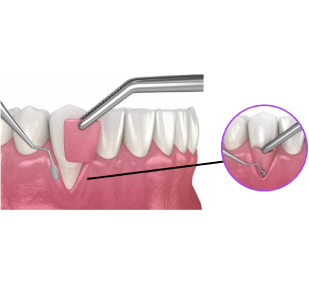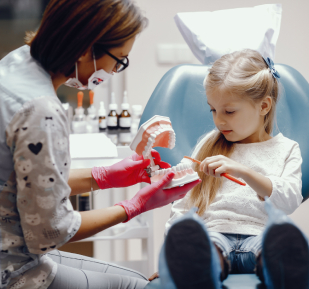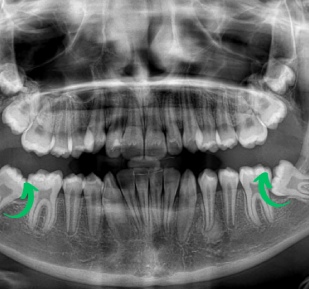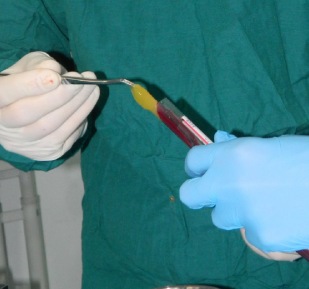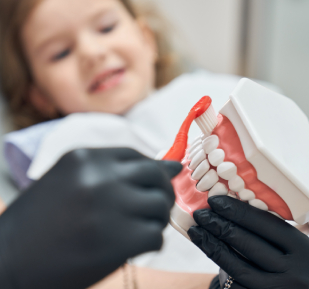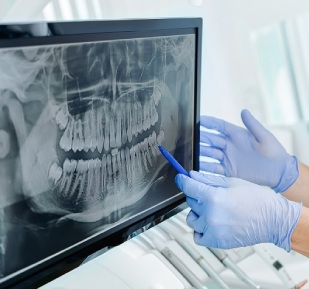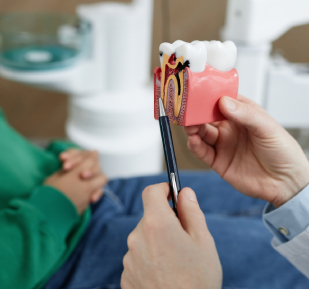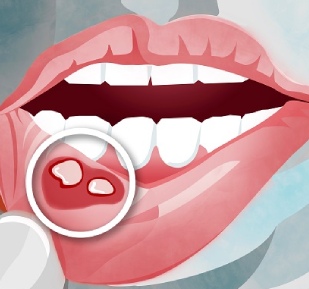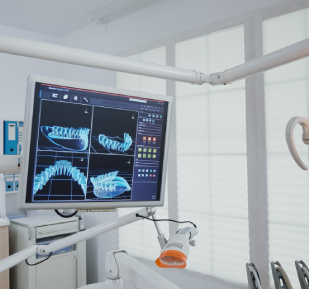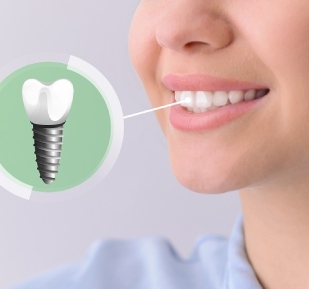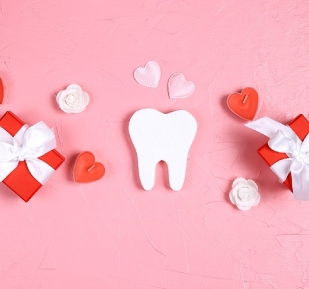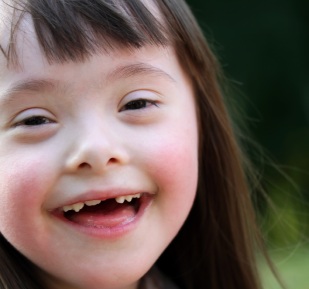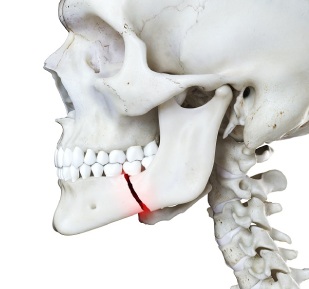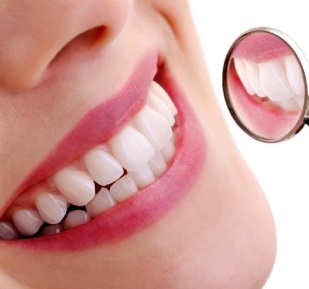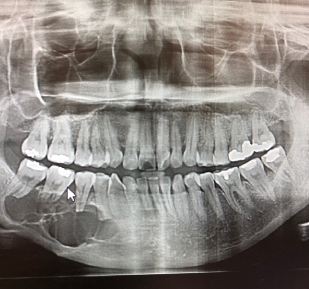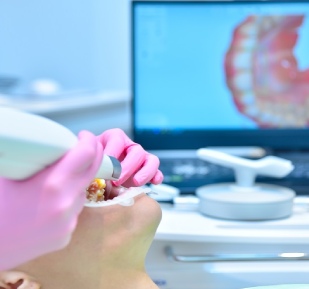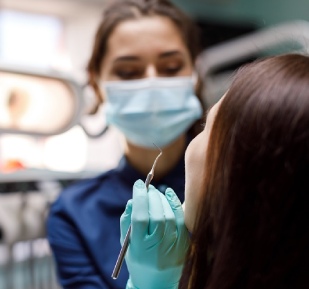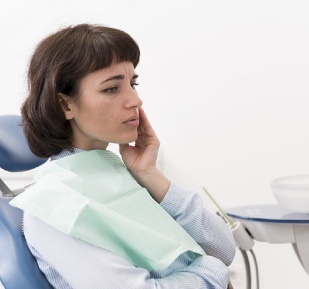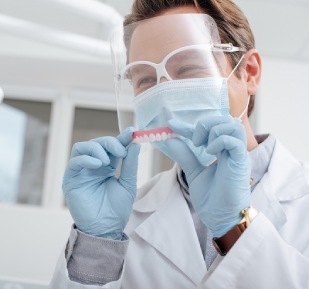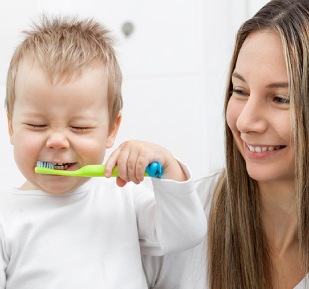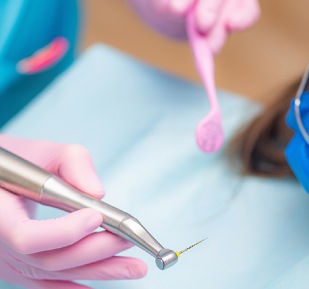What Are The Dental Problems During Pregnancy?
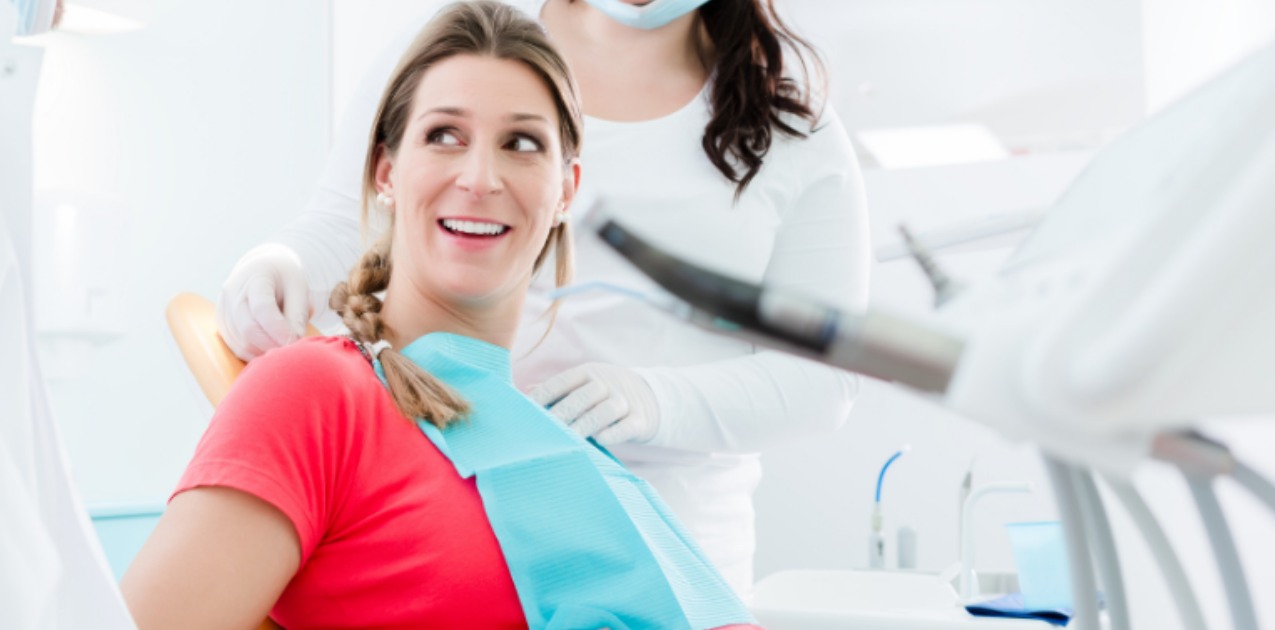
Since expectant mothers often eat something during pregnancy and pay attention to their snacks, they should pay more attention to oral care such as tooth brushing, mouth rinsing, flossing and calculus cleaning at intervals. In this way, dental caries and possible dental problems can be prevented during pregnancy. Pregnant women can have dental treatments between the 3rd and 6th months of pregnancy (13th and 24th weeks). The treatment during this period does not harm the baby. Non-emergency dental treatments should be done after birth, and urgent treatments should be treated with the cooperation of obstetricians and dentists.
Hormonal changes during pregnancy make the mouth more prone to gingivitis. The increase in hormone levels causes the mother's gums to swell, bleed, and food is trapped, causing irritation to the gums. Dentists and obstetricians warn that the risk of premature birth increases if gingivitis is not treated during pregnancy. According to experts, it is stated that every intervention related to oral and dental health during pregnancy can be applied to the expectant mother when necessary, and the consequences of neglect can result in premature birth or miscarriage. For this reason, expectant mothers should definitely go to the dentist without delaying tooth and gum problems. In planned pregnancies, if dental problems are resolved before pregnancy, the expectant mother can have a more comfortable pregnancy period in terms of oral and dental health.
We receive questions from many expectant mothers about whether dental scaling can be performed during pregnancy. If the expectant mother has dental calculus, calculus cleaning should be done regardless of the period between the 3rd or 6th month. Uncleaned calculus can cause different problems in the expectant mother by causing bleeding and gum disease. For this reason, it is important to have dental calculus cleaning every three to four months during pregnancy to maintain oral hygiene.
Considering the following oral care recommendations during pregnancy, a more trouble-free and comfortable pregnancy period can be spent in terms of oral and dental health.
After sugary foods, dental care should be done and sugary food consumption should be limited.
Even if your gums are bleeding, you should brush and floss your teeth.
Tooth brushing should be done at least twice a day, dental care should be done by using dental floss and plaque accumulation should be prevented.
Dry mouth during pregnancy increases the risk of dental caries and gum infections. Drink plenty of water to keep your body hydrated.
In cases where tooth brushing is not possible, such as stomach ache, the mouth should be rinsed with water or fluoride mouthwash.
Foods rich in phosphorus and calcium should be consumed. Foods such as milk and dairy products, meat, fish and eggs should also be consumed.
It is very useful not to neglect oral care against gum problems that can be seen after pregnancy is learned and to go to routine dentist checks in order to prevent future tooth and gum problems.



